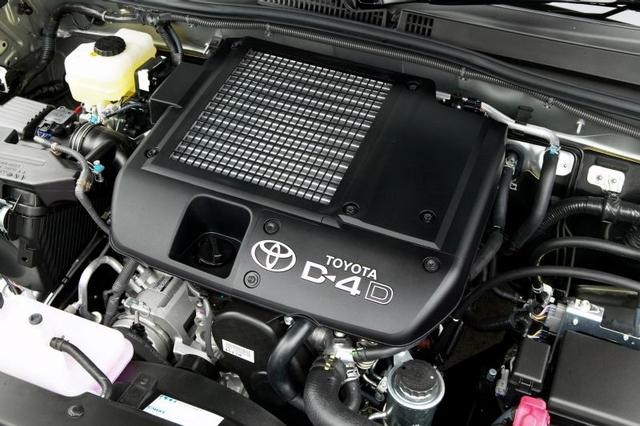Petrol or diesel? It’s one of the first questions car buyers should resolve before they even get to body type, make or model. Which is better for you will depend on your preferences, budget and circumstances, but our petrol or diesel calculator will help you decide.
Previous thinking about diesels being less refined and cheaper to run has become outdated, as technology cuts the difference between the two fuels. In short, diesel isn’t always best for fuel economy, and petrol isn’t always the most fun.
The main difference between diesel and petrol engines is that petrol engines use spark plugs to ignite the air-fuel mixture, while diesel engines rely solely on heavily compressed air.
There are three factors that determine the choice between a petrol car or a diesel one: fuel economy, running costs and driving preference.
Running costs
Running costs are a much bigger issue than fuel consumption. These costs include all the non-fuel factors such as servicing, insurance, purchase price, and depreciation – all of which can vary considerably between petrol and diesel versions of the same car.
Diesel-powered cars tend to be more expensive to buy and service than their petrol counterparts, although the ‘diesel premium’ reduces in relative terms as cars get bigger.
The most influential (and most overlooked) factor in running costs is time. Depreciation is the biggest cost in car ownership, so resale values play a huge part in deciding whether a petrol or diesel car will be more cost-effective overall.
On the upside, diesels are generally cheaper to tax and insure. It’s also true that the more miles you cover; the more likely you are to save money by choosing diesel.
Economy
A petrol car might deliver up to 30% less fuel economy than a diesel equivalent, but it still might end up being cheaper to own over three years (see Running Costs below). There’s also a possibility that diesel will become more expensive still if discussions to tax fuel according to its energy content turn into reality: diesel contains around 10% more energy than petrol.
Driving preferences
If a buyer has a negative opinion of diesels based on a car they drove 10 or even five years ago, it’s time to think again. Engineering advances have now blurred the line between petrol and diesel, both in performance and refinement.
A diesel develops maximum torque – the ‘shove’ you need to pick up speed – at lower engine revs, allowing you to change up through the gears earlier. This relatively narrow power band can make manual gearchanges a chore, but modern automatics work very well with diesel engines.
Today’s diesels can be smoother than petrol engines too – especially the two- or three-cylinder petrol units that are a popular choice for manufacturers looking to boost fuel efficiency.
How are diesel and petrol engines different?
The diesel and petrol engines that are used in most cars are highly similar. In essence, they are internal combustion engines that work using a two or four-stroke cycle. In an internal combustion engine, the power cycle is made up of four phases: intake, compression, power and exhaust.
In the intake phase, air is drawn into cylinder through the opening intake valve. In the compression phase, the intake valve closes and air is compressed with fuel. At this point, the mixture of fuel and air is ignited to cause an explosion. It is this explosion that causes the piston to downwards and drive the crankshaft to produce motion. This is the power phase. The final phase is exhaust where the spent air-fuel mixture is expelled out of the cylinder through the opening exhaust valve so that a new cycle may begin.

